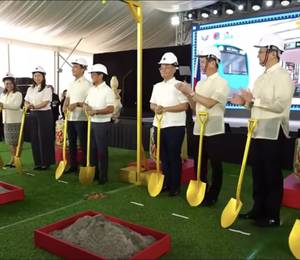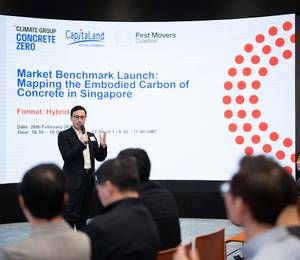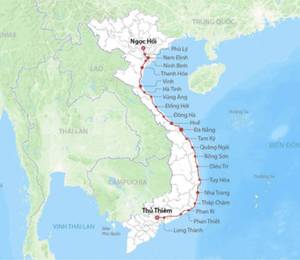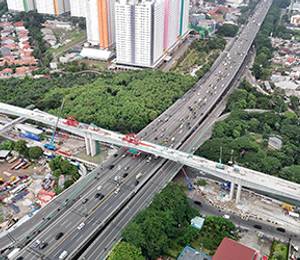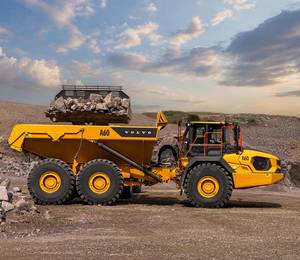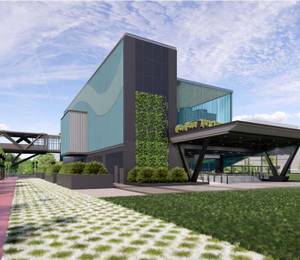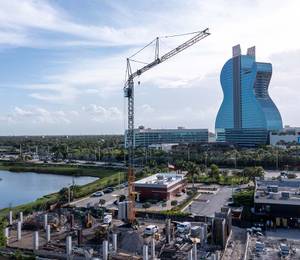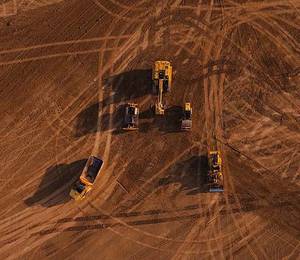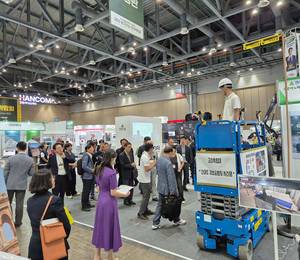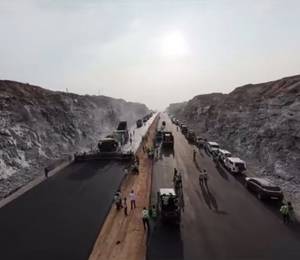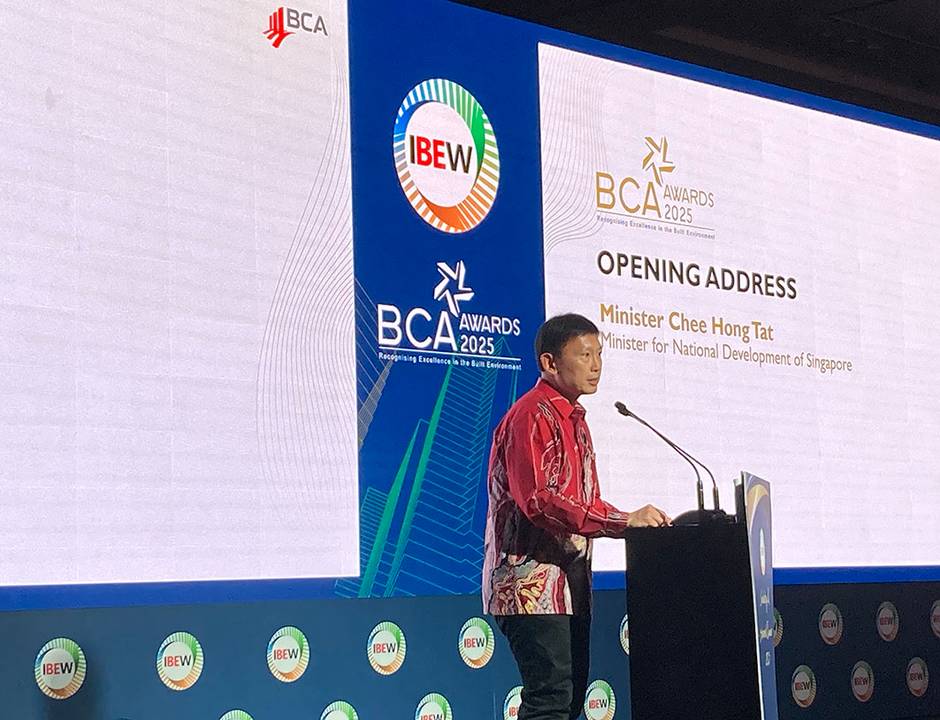Singapore’s Minister for National Development, Chee Hong Tat, has announced that the Building and Construction Authority (BCA) will implement a new licensing regime from 2027 for firms that provide certification services for lift and escalator systems, as well as site supervision services for large-scale structural works from 2028.
Under the new licensing regime, modern lift and escalator systems designed and installed in accordance with SS550:2009 and SS626:2017 or later, and building projects valued above S$75 million, will require the appointment of BCA-licensed firms to carry out such works.
This move addresses the increasing complexity and sophistication of works undertaken in the built environment (BE) sector:
-
Lift and escalator systems have evolved from largely mechanical equipment to complex electromechanical equipment requiring specialised expertise for proper certification.
-
Large-scale building projects involve more specialist works such as complex facades, long-span composite structures and more sophisticated methods of construction requiring a broad range of competencies to supervise.
According to BCA, this new licensing regime will ensure that the industry leverages firm-level resources and expertise to meet evolving demands of increasingly complex projects and new technological developments to deliver safer and higher quality infrastructure.
“Today, building owners need to appoint qualified persons (QPs) and specialist professional engineers (SPEs) to certify that building works and equipment are safe and are built according to approved plans. But as projects grow more complex, the range of professional competencies required have grown significantly,” said Mr Chee on the new scheme during the International Built Environment Week (IBEW) Industry and Awards Dinner.
“For example, when we build higher up and deeper underground, the team of QPs supporting a project must possess a range of complementary expertise, such as advanced structural and geotechnical competencies. As we deploy more advanced technologies, such as lift and escalator systems equipped with new safety controls, our SPEs similarly need to be trained in more areas.”
Higher safety and quality standards
The shift to a firm-based regime aligns with international practices and recognises that professional firms are better equipped with expertise and resources to uphold safety standards, explained BCA. Licensed firms will be able to implement proper governance and procedures to enable collaboration, coordination and retention of critical technical knowledge and skills.
Firms will also be able to invest in advanced technologies and provide structured training and specialised resources to support professionals to carry out their duties. This will ensure higher safety and quality standards, more consistent and efficient professional services, as well as better talent development and knowledge retention in the BE sector.
While this is a shift from the current individual-based certification system, BCA said individual professionals can continue to provide services independently for projects outside these scopes, i.e. older lift and escalators systems certified based on codes before SS550:2009 and SS626:2017 and projects not exceeding S$75 million.
To be licensed by BCA, firms must first be accredited by the Singapore Accreditation Council (SAC). To support this transition, SAC had earlier launched the accreditation scheme for lift and escalator certification firms in April 2025. This provides greater assurance that lift and escalator inspections are being carried out by accredited firms that possess the technical competence, qualifications and management systems necessary to perform thorough safety assessments in line with internationally recognised standards. BCA is also working with SAC on a similar scheme for site supervision firms for supervision of building works, targeting readiness in 2026.
To facilitate the transition, the mandatory accreditation and licensing of firms is targeted to be implemented in 2027 for firms involved in the certification of lifts and escalators, and 2028 for firms undertaking the supervision of structural works. BCA encourages developers and building owners to engage accredited firms ahead of the mandatory implementation of this firm-based regime.
Corenet X updates
BCA further shared that the current regulatory approval for building works has been redesigned under Corenet X. This move transforms the separate and individual agency submissions to a customer-centric one, and brings together the various agencies to collaborate and jointly review the submission.
In addition, the eligibility window for the additional buyer’s stamp duty remission for projects submitted on Corenet X will be extended to 30 September 2026 for larger projects (≥ 30,000 sq m GFA), and to 30 September 2027 for smaller projects (< 30,000 sq m GFA). This extension will allow developers additional time to adapt to the new processes and technologies.
Regulatory agencies have also made several enhancements to Corenet X to address the industry’s feedback on navigating the multiple agencies’ processes, forms and requirements, including:
-
Streamlining manual project information collection on applications.
-
Providing visibility on agency clearance statuses through the implementation of project dashboards.
-
Allowing concurrent submissions to both the design gateway and piling gateway.
-
Allowing concurrent demolition and new erection applications.
-
Agencies can begin Corenet X submission processing immediately upon receipt of proof of payment, rather than waiting for payment verification to complete (to be implemented in the fourth quarter of 2025).
“These concurrent processes will allow faster approvals by up to 20 to 60 days, depending on project complexity,” said Mr Chee, adding that “since its soft launch in 2023, over 50 projects involving 100 firms have used Corenet X. Ninety seven percent can achieve time savings of up to 20% for regulatory approvals. For some projects, this meant total time savings of up to two months.”
